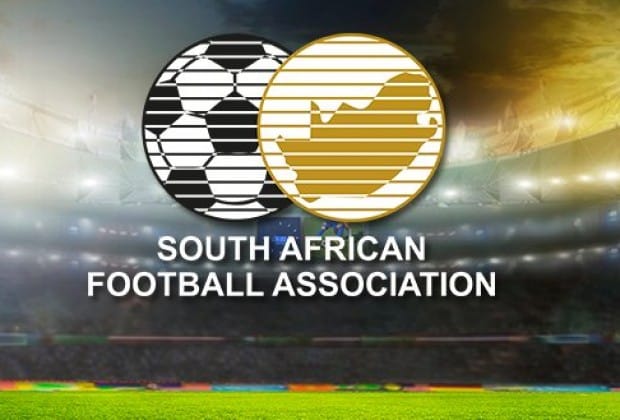The South African Football Association (Safa) is set to take a R17-8-million loss for its financial year.
One of the main factors behind its huge loss during the financial year was its ongoing spat with the SABC over the fee for the broadcasting rights for Bafana Bafana, Banyana Banyana and the U20 team.
Safa acting CEO Russell Paul revealed that its funds are starting to dry up after not receiving any payment from the SABC after its broadcasting rights expired in April.
‘We should have been getting an average of R9-million a month from the SABC,’ Paul told the Sunday Times. ‘Therefore this loss is a clear reflection of the SABC’s desire not to enter into a new contract (with Safa).’
Safa has recently rejected a R10-million offer from the SABC and stuck to its demands of R110-million in annual fees for the broadcasting rights for all the South African national team matches.
Paul confirmed that Safa’s projected loss will increase from R17-8-million to a further loss of R45_8-million, as it is expected to increase every month.
‘By the time we get to the congress [on Saturday], we will have incurred a further loss of R45-8-million [over and above the R17-8-million]. Every month that goes by, it increases,’ he added.
Meanwhile, SABC spokesperson Neo Momodu believes that one of the key factors behind Safa’s financial crisis is due to its unsustainable R110-million fee for broadcasting rights.
‘The SABC notes Safa’s disingenuous comments that its financial woes are as a result of the SABC’s failure to renew the contract for the broadcast of the national teams’ matches,’ Momodu said.
‘The SABC would like to place on record that it made a commercially viable offer to Safa that would enable the SABC to deliver football matches to South African audiences on SABC platforms.
‘This offer was rejected by Safa following the expiry of the previous contract between Safa and the SABC.
‘The SABC’s dire financial situation is a matter of public record.
‘One of the key contributors to the SABC’s financial crisis is the unsustainable R110m per annum paid to Safa on the previous contract.
‘Given the SABC’s financial status, the corporation has to find commercially viable products to invest in, in order to realise returns which it will reinvest into its public service mandate content.
‘The SABC will therefore only consider deals that deliver commercial value to the SABC.
‘It is unfortunate that Safa requires the SABC to sustain its operations.’
The acting CEO confirmed that its huge loss in revenue will affect everyone’s salaries at the Safa House and have dire consequences for the association.
‘It [the standoff] is crippling, it is crippling,’ he said. ‘I mean, we have zero cash flow. There is zero cash flow and we are literally going from hand to mouth. There is a train coming at us at full speed with its lights on and we are staring it in the face.’
‘SABC funding is unencumbered finance,’ Paul said. ‘It goes to operations, it goes to paying electricity and water, it goes to dealing with regions, LFAs. It goes to salaries, it goes to transport and logistics.’





